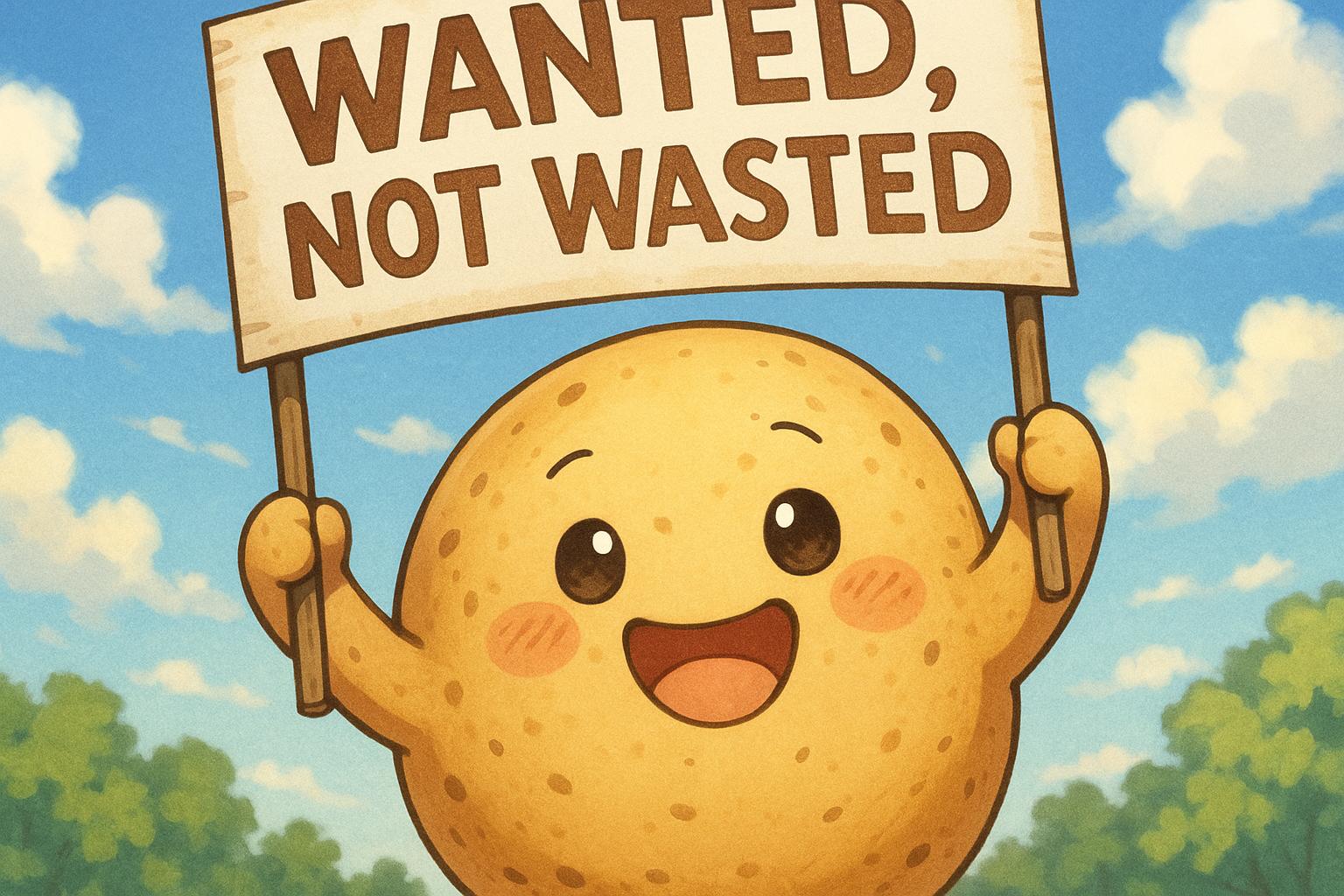Company Shop Group’s recent campaign, “Wanted, Not Wasted,” marks a significant initiative aimed at rethinking the handling of surplus goods. Building on a successful partnership with waste management firm Biffa, the campaign aspires to shift perceptions of surplus items — often dismissed as waste due to minor imperfections — and underscore their potential to be repurposed for community benefit and environmental sustainability.
The creative thrust of the campaign is both playful and impactful, utilising eye-catching imagery of everyday products, such as potato smileys and Jammie Dodgers, paired with clever copy. This aesthetic choice is designed to highlight how goods that might otherwise be discarded due to minor issues, like weight discrepancies or labelling errors, remain perfectly good and useful. By redirecting these surplus items, Company Shop Group positions itself as a critical player in reducing waste while also fostering economic and social benefits.
At the heart of the “Wanted, Not Wasted” initiative lies a commitment to community support. Company Shop Group contends that not only do these surplus products help individuals and families in need by providing access to affordable goods, but they can also foster a sense of environmental stewardship. The messaging clearly outlines how directing surplus products to Company Shops supports local communities while providing financial incentives for businesses to engage in these practices.
The traction gained by Company Shop Group’s efforts to address surplus stock is noteworthy. In 2022 alone, the company successfully redirected a staggering 109 million surplus items from the waste stream, showcasing the scale of their operations and the depth of their commitment to reducing waste. This redistribution effort not only included 10.9 million non-food items but also resulted in £39 million returned to partners through surplus stock purchases. Such figures underscore the tangible financial benefits of effectively managing surplus inventory.
Moreover, Company Shop Group's approach to surplus management seems set to redefine industry standards. By providing innovative solutions and a dedicated framework for handling over 100 million surplus items annually, they demonstrate that surplus can indeed be viewed as an opportunity rather than merely a burden. The initiative aims to establish a sustainable model where surplus goods serve their intended purpose while simultaneously bolstering community welfare and protecting the environment.
This campaign follows in the footsteps of prior initiatives, such as the “Surplus Super Heroes” campaign, which sought to educate children about the importance of reducing food waste. This earlier effort illustrated the company's long-standing commitment to fostering environmental consciousness among younger generations, underpinning a holistic approach to waste management.
As more retailers and consumers become aware of the environmental impact of food waste, the strategic positioning of surplus goods within the broader narrative of societal responsibility and eco-friendliness becomes increasingly important. Through initiatives like “Wanted, Not Wasted,” Company Shop Group is not only driving positive change but also inspiring broader industry shifts towards sustainable practices in surplus stock management.
In summarising the campaign, Company Shop Group demonstrates that by rethinking surplus, they are opening doors to new business models, community support mechanisms, and environmental benefits that collectively contribute to a more sustainable future.
Reference Map
- Paragraphs 1, 2, 3, 4, 5
- Paragraphs 1, 2, 3, 4, 5
- Paragraphs 3, 4
- Paragraph 4
- Paragraph 5
- Paragraph 5
- Paragraph 4
Source: Noah Wire Services
